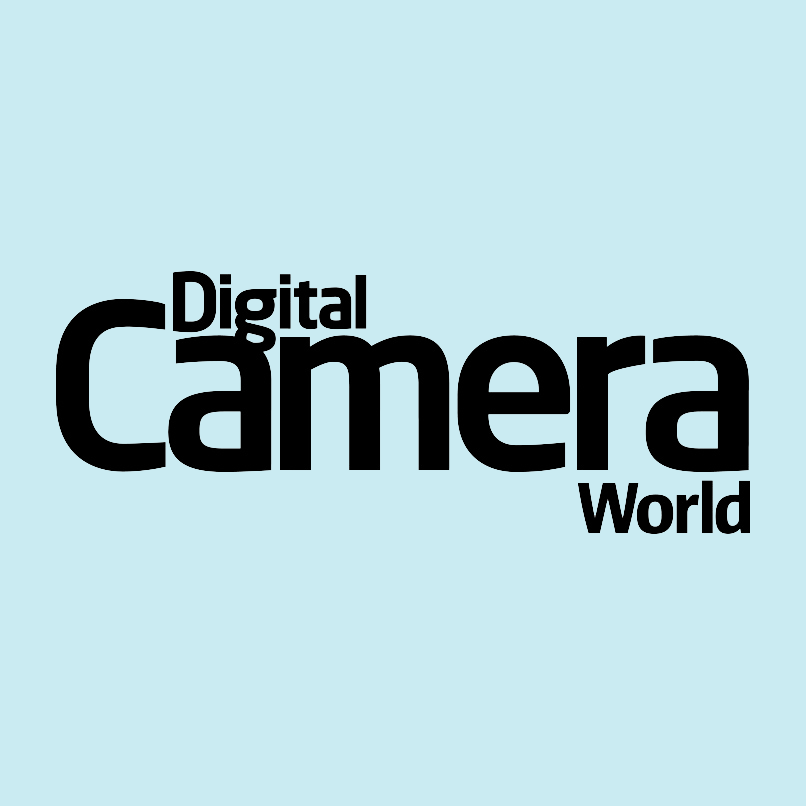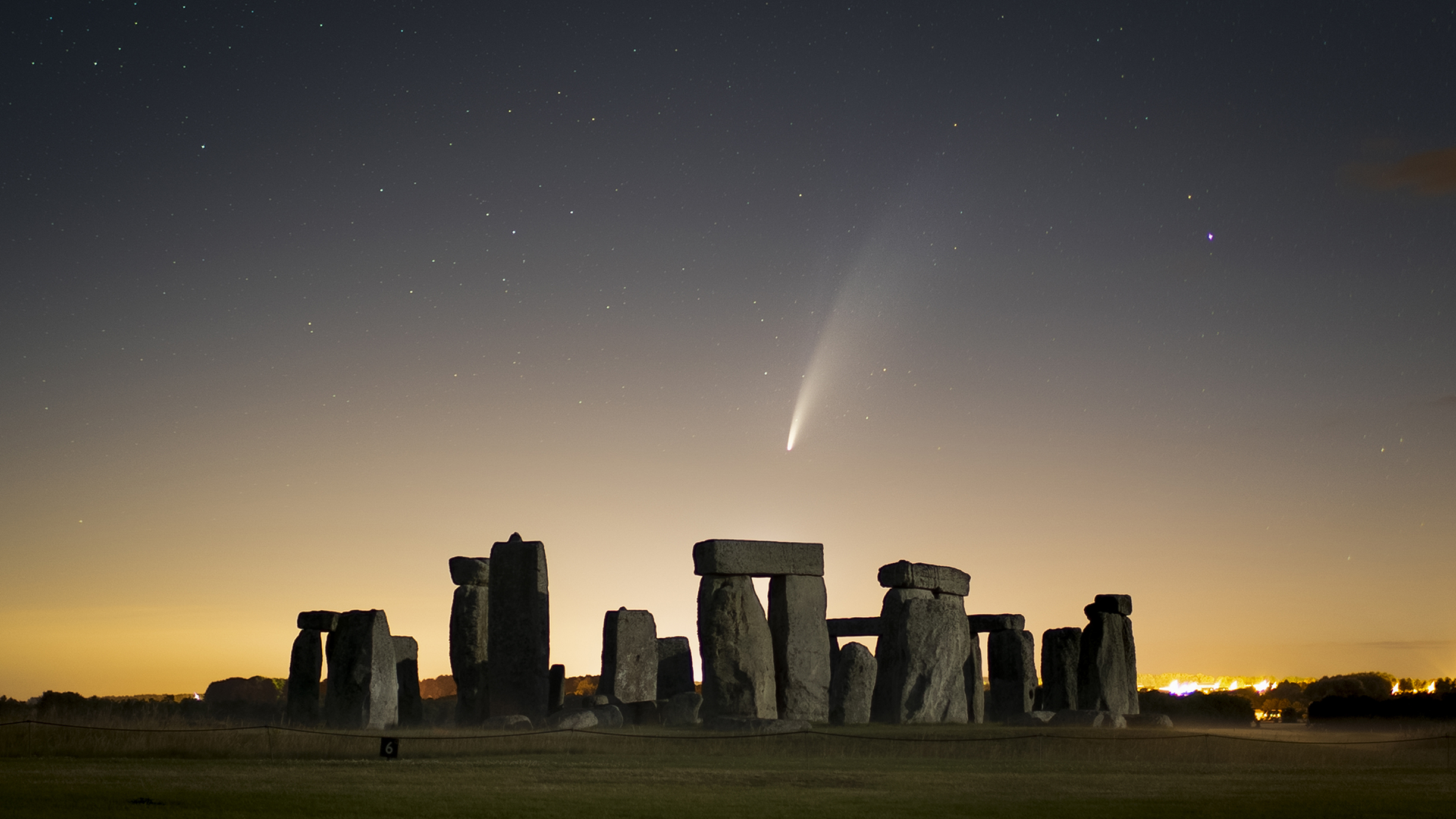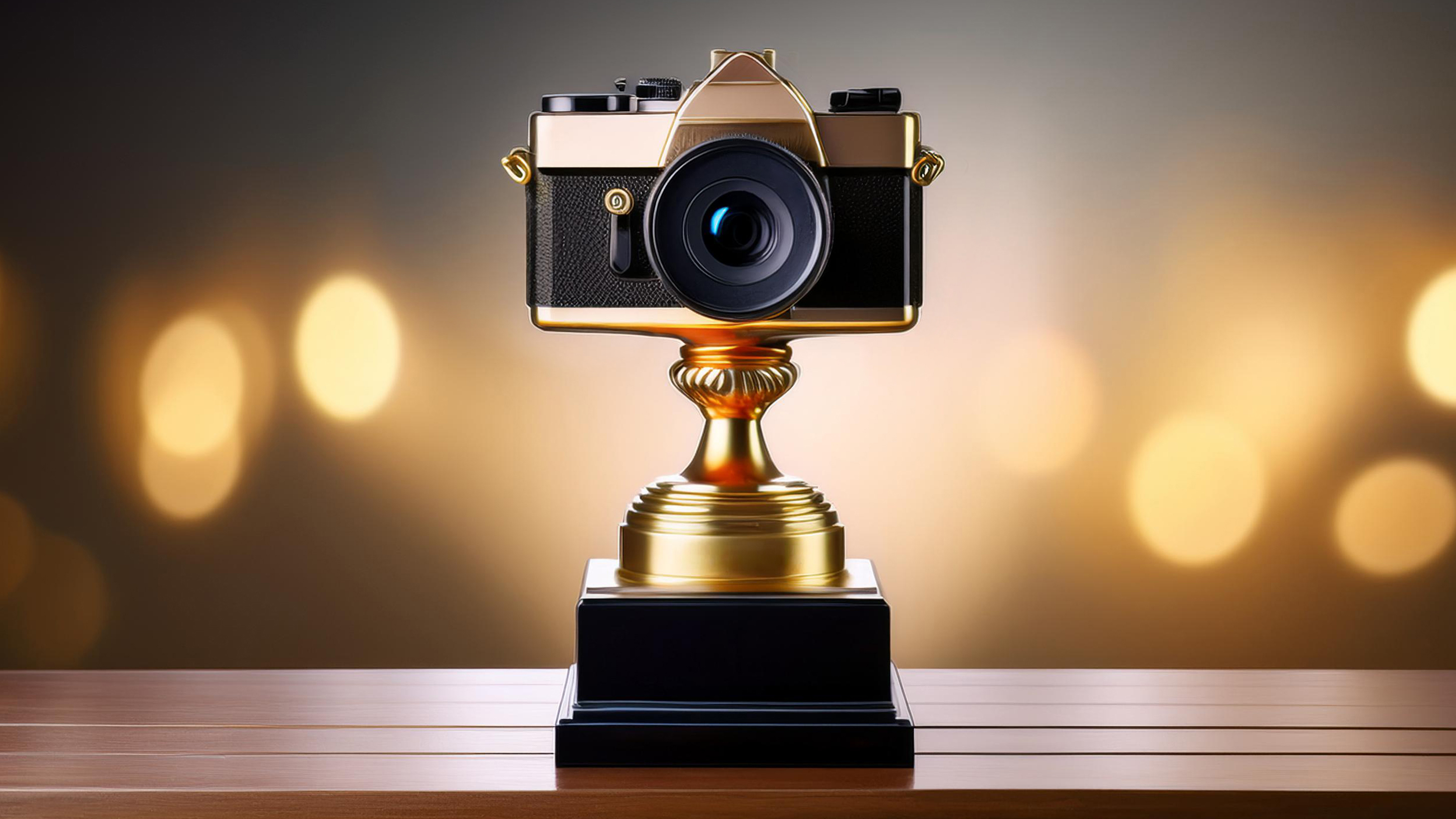
What. A. Year! It's fair to say that 2024 has been an incredible year for new camera technology – and, indeed, old camera technology, too.
Everyone expected that the year would give us some of the best mirrorless cameras we've ever seen, but few would have predicted how many film cameras would be released. Or that the best instant cameras would receive some of the biggest breakthroughs since the 1970s. Heck, Hasselblad even turned its 60-year-old cameras into 100MP powerhouses!
Here at DCW we're lucky enough to get our hands on every new camera that comes out, so here are the team's favorite imaging devices of the past year…
Leica M11-D
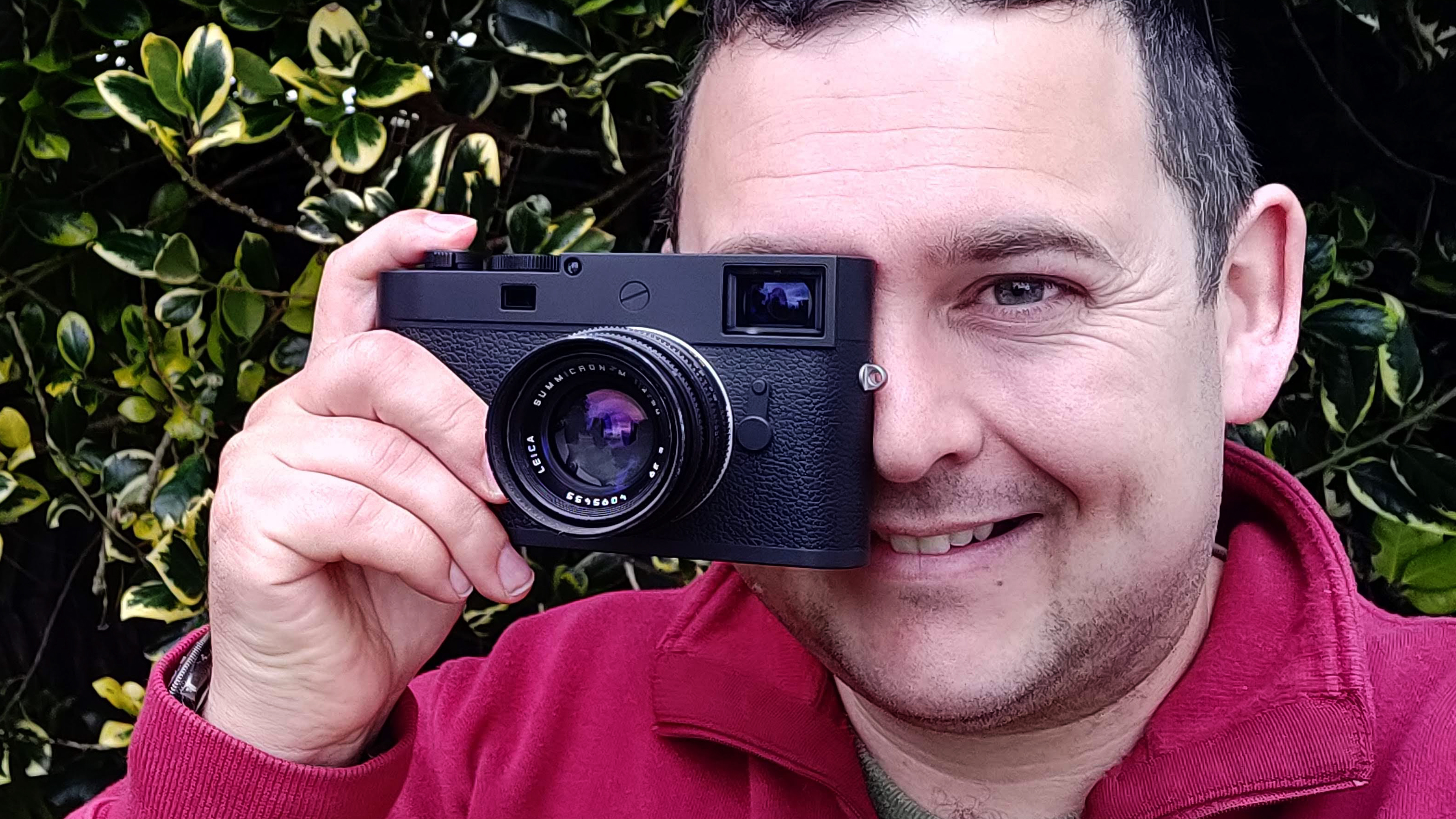
Sebastian Oakley, Ecommerce Editor
My personal favorite has to be the Leica M11-D. This masterpiece of effortlessly blends modern state-of-the-art tech – such as a 60.3MP sensor with triple-resolution, which enables you to shoot 60, 36, or 18MP images while still using the entire full-frame sensor – but most of all it removes the LCD screen, offering that perfect analog experience with the convenience of digital.
I have always wanted to shoot with the original Leica M-D and jumped at the chance to review the M11-D – and it did not disappoint. It might even be my next purchase!
DJI Neo
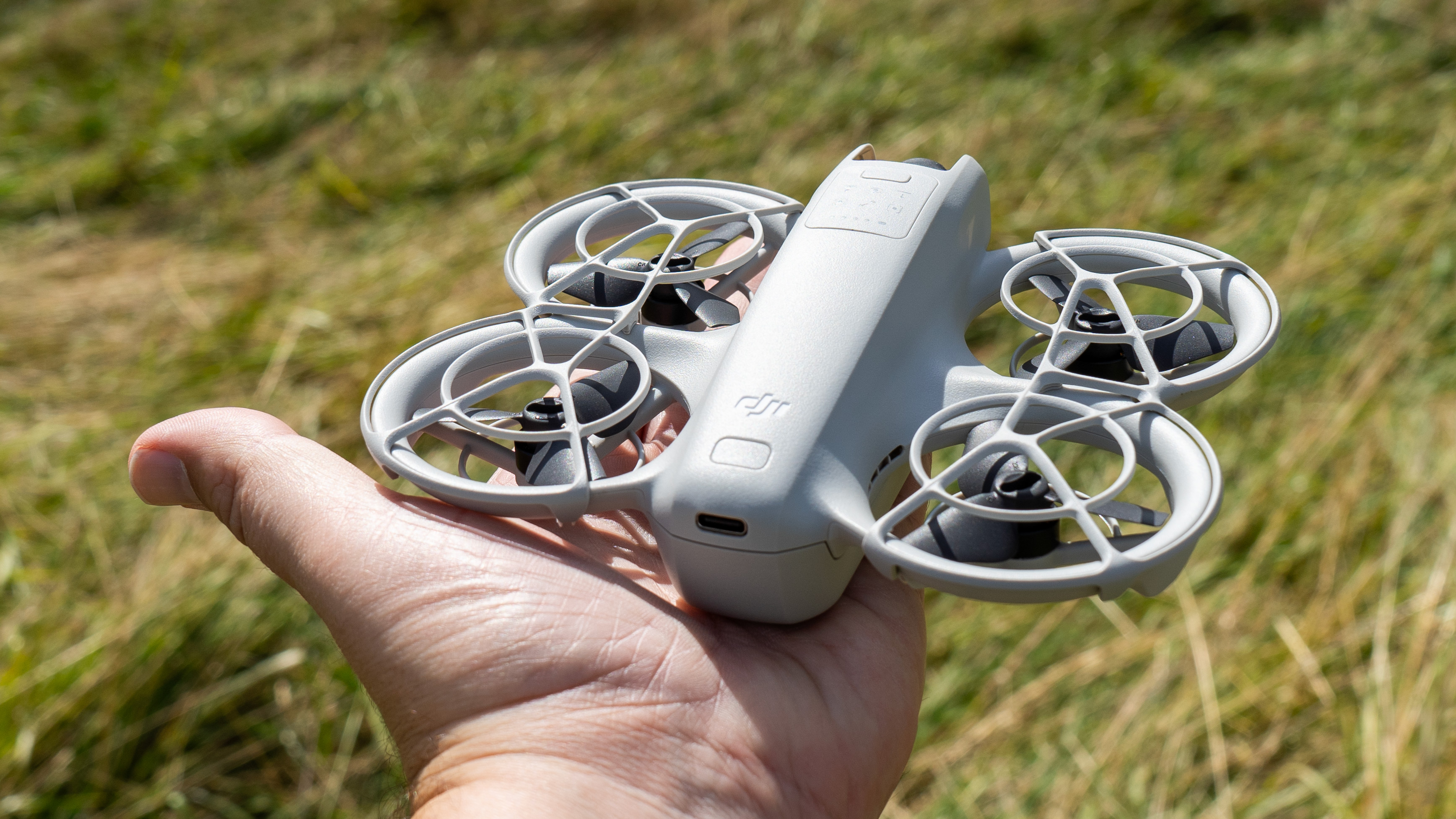
Adam Juniper, Managing Editor
Get the Digital Camera World Newsletter
The best camera deals, reviews, product advice, and unmissable photography news, direct to your inbox!
My personal favorite isn't technically the best – the DJI Air 3S is my pick of the year, if you're asking – but its cheaper more flexible sibling, the DJI Neo. Not for a long time has a drone come along that offers so much for so little investment! For a start, there's a 4K camera, something DJI deprived people of for a long time. But more significantly this is all about the possibilities.
It is, in one device, two drones and the first is an amazing achievement: an AI-powered 'angel on your shoulders' that doesn't even need a controller. This was what GoPro's marketing might have hoped for, and what Skydio attempted with supercomputer power (but couldn't make affordable, and then ran scared from the demanding consumer market for easy government contracts). DJI has done it for a tenth of the cost, and it doesn't fall out of the sky!
For me, though, it's 'part two' that makes the Neo really exciting. There is the option to add a controller and DJI Goggles N3 and suddenly have an FPV drone that boasts child-safe levels of design sense (it's super-light and even the propellers are protected with guards). Sure, it's not as fast as the very best FPV drones, but the quality is high – and for many, it'll be all you need!
Oppo Find X8 Pro
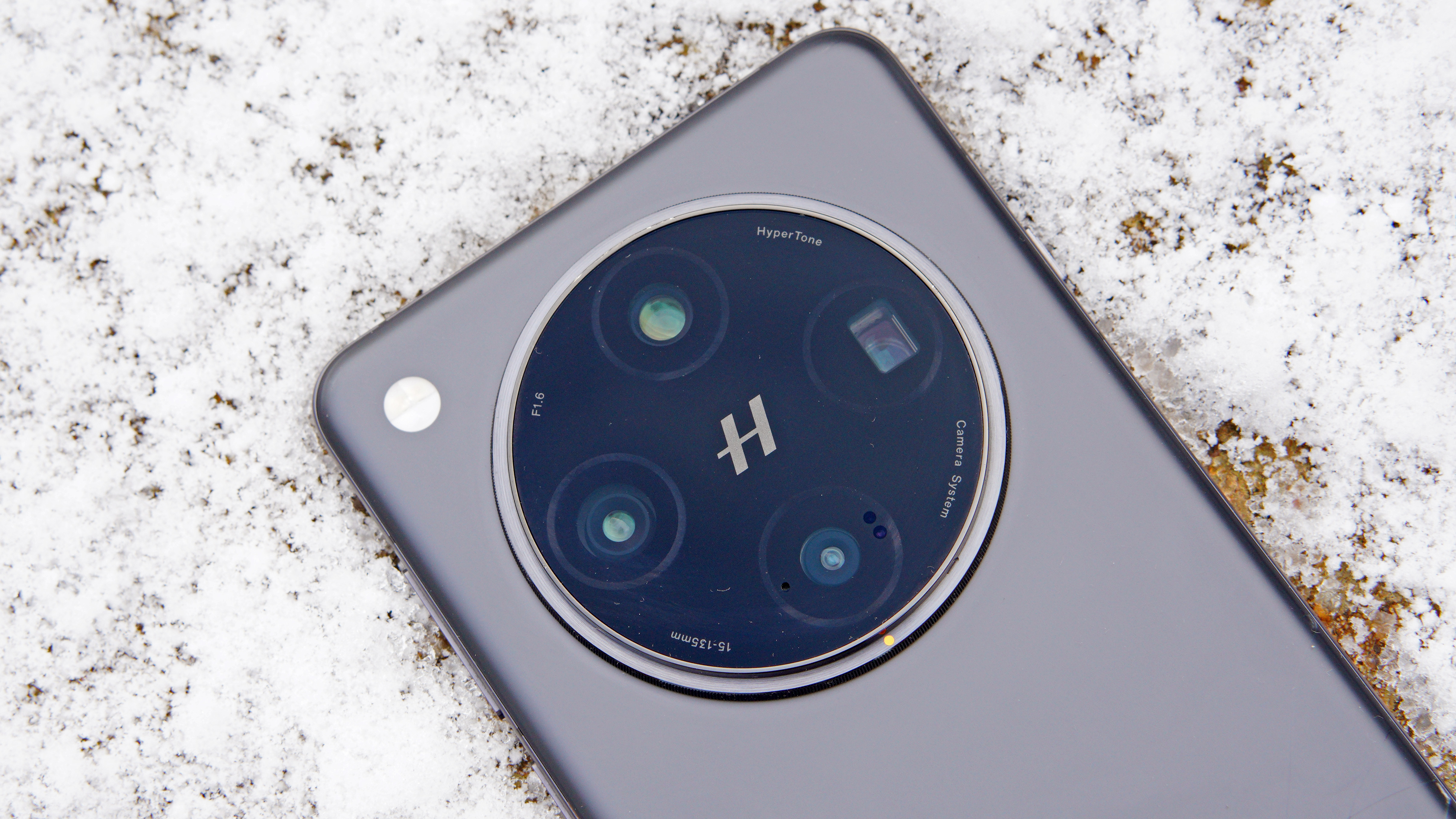
Ben Andrews, Lab Manager
For its incredible ability to punch so far above its weight, the Oppo Find X8 Pro is the pick of the year. The best camera phones have long been able to take great quality images, but the Find X8 Pro adds incredible speed and AI to the mix, creating a supremely versatile device.
With its two periscope telephoto modules, plus uncanny AI scene detection, even 120x zoom is possible. Combine that with the phone's immense processing power and this is a device that can genuinely be used for fast-paced sports and wildlife photography. Heck, it's even IP69 waterproof, so you can take it scuba diving!
Nikon Z50 II
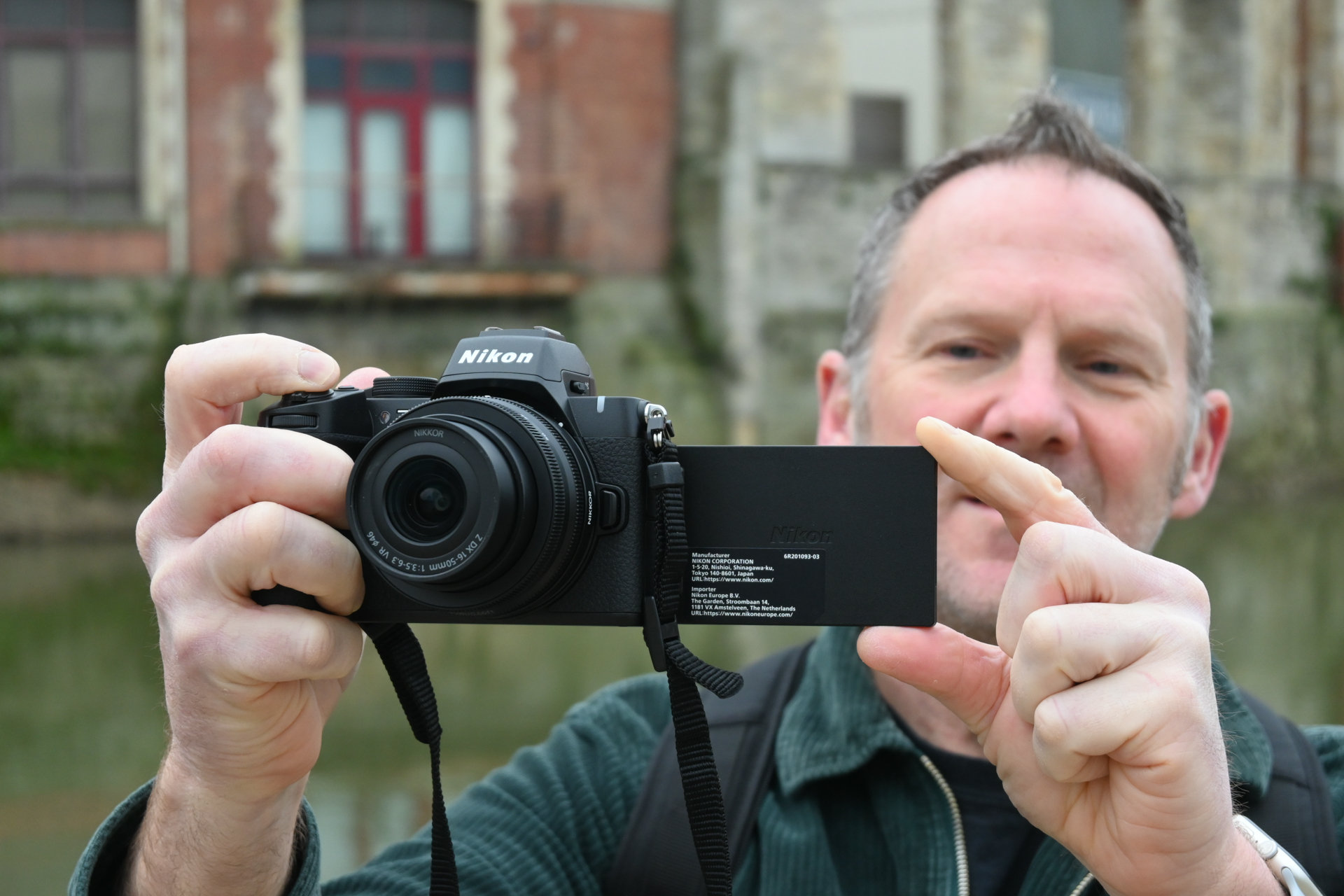
Adam Waring, News Editor
Bodies with downsized APS-C sensors are often thought of as cameras for beginners, but the Nikon Z50 II is anything but amateur, with performance that belies its budget price tag and goes toe-to-toe with much pricier full-frame 'pro' Nikon Z-series cameras (as well as those from other manufacturers).
While it doesn't have the in-body image stabilization of the Nikon full-frame range, it comes with some cracking lenses that have Vibration Reduction. technology built in and are engineered to make the most of the smaller sensor.
Fujifilm X-M5
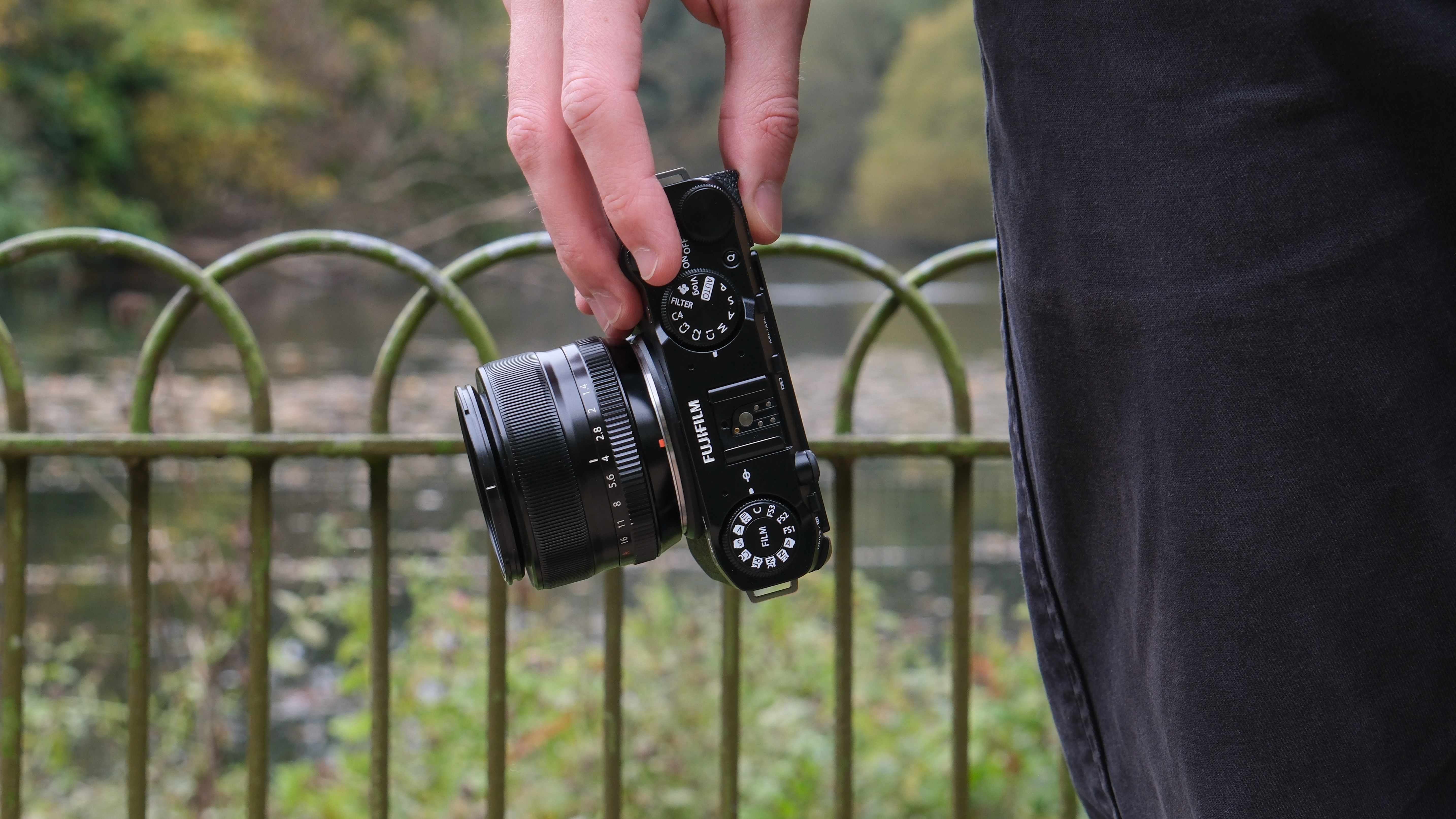
Gareth Bevan, Reviews Editor
Anyone who knows me well was likely betting on the Fujifilm X100VI (the camera I carry day-to-day) being my camera of the year – but unlucky, as my top camera is actually the Fujifilm X-M5. Why? I like small cameras, I like affordable cameras, and I like small affordable cameras that don’t really compromise on performance.
Yes, I do wish it was an X-E5 (as I am missing the viewfinder) but no camera release this year ticks more of my boxes than the X-M5. Despite the older sensor, image quality is still excellent, and paired with the Film Simulations it's easy to get social snaps. As I consider upping my video production values next year, the open-gate X-M5 video is really starting to feel like it could become essential to my process.
Hasselblad 907X & CFV 100C
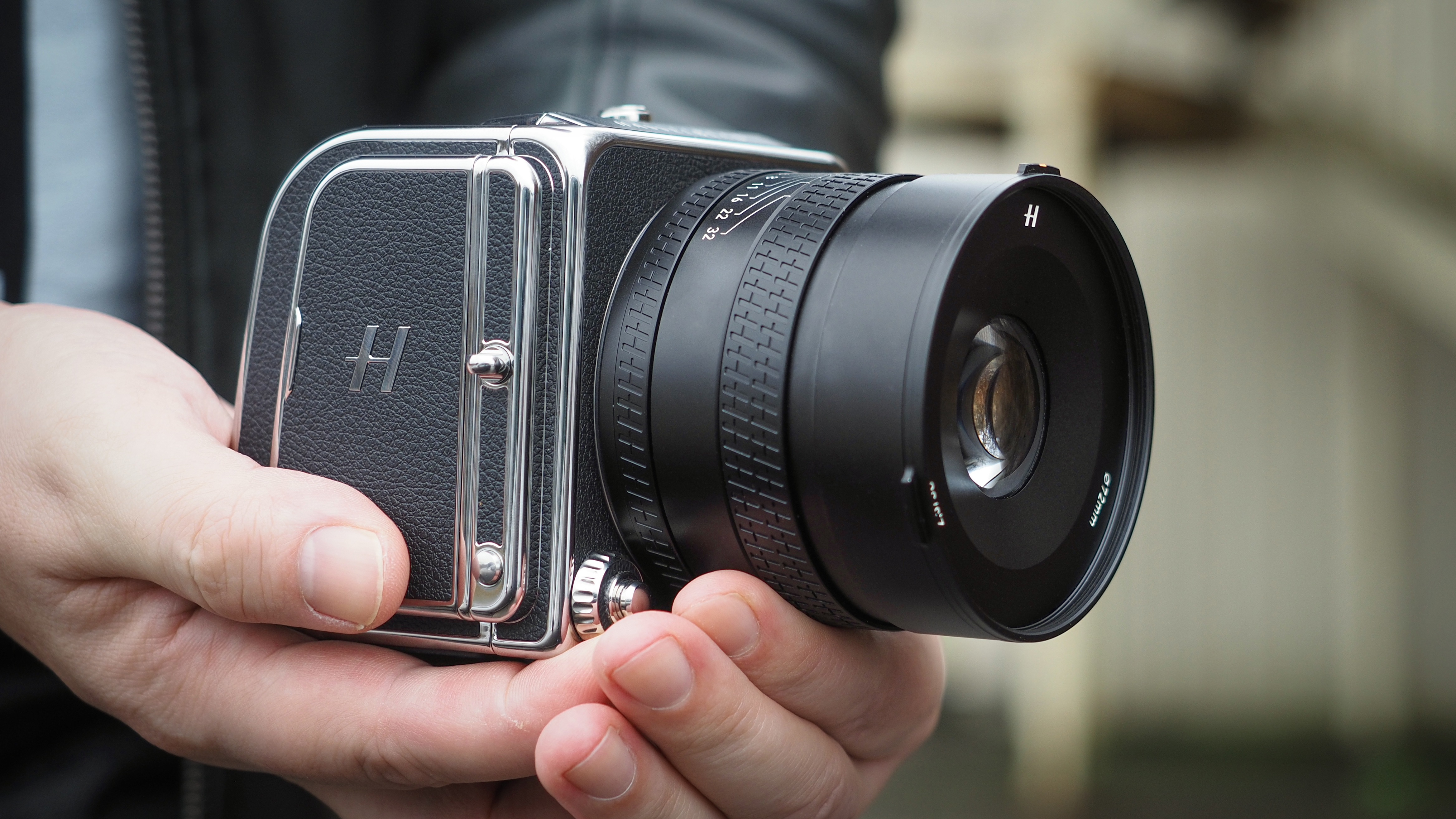
Chris George, Content Director – Photography, Creative & Design
This has to be one of the best camera designs I have ever seen. This medium format beast has some history – I remember falling in love when I saw the Hasselblad CFV 50C at Photokina back in 2014. This digital back turned any V-System roll-film camera into a fully-digital model – and I loved that it meant the legendary Hasselblad 500C/M was thereby given a new lease of life.
Since then, the 907X camera was launched – the thinnest camera you'll ever see, which essentially joins together the later version of this back with the superb range of Hasselblad X-series lenses. Now, in 2024, the latest back offers a jaw-dropping 100MP resolution to the mix. It is a dream to use, creates images with breathtaking color, and yes – you can still use the back on your old Hasselblad film camera.
Fujifilm X-T50
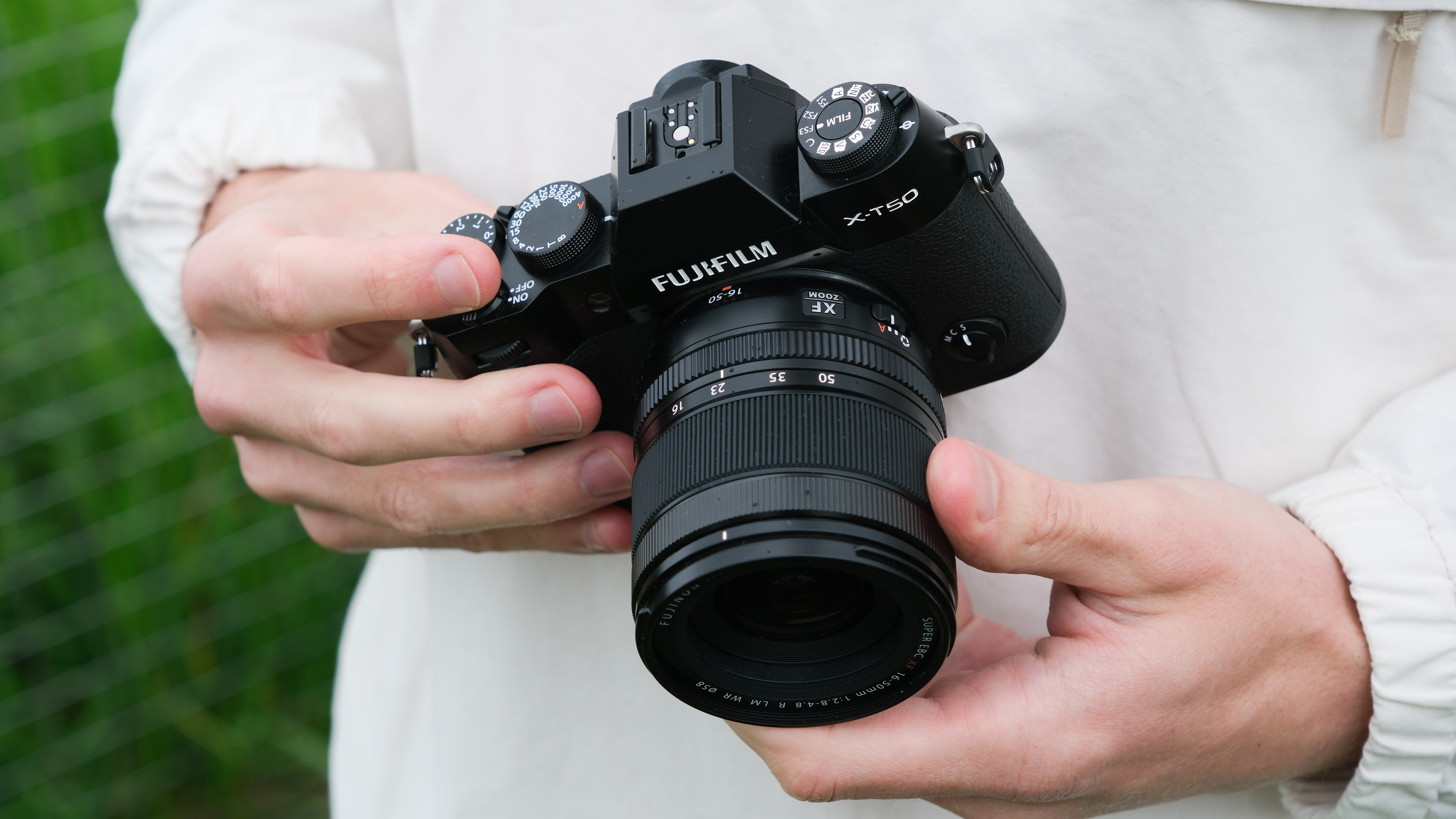
Mike Harris, How To Editor
I figured I’d go for the camera I’d be most likely to buy right now – and with my Nikon Z8 fulfilling the full-frame slot, I’d like to pick up the best APS-C camera as an everyday companion. And while the X100VI may seem like the obvious choice, I’m going to out-hipster all the Fujifilm fans and make them spit out their double-brewed coffee by plumping for the less hip (but still kinda hip) option, the Fujifilm X-T50.
Sure, it's not as sexy as the X100VI and it isn’t exactly a critical darling, but it’s still small, powerful and devilishly good-looking. And crucially, for a Fujifilm camera, it’s actually available to purchase right now. It’s also very similarly specced – although not identical – to the X100VI. Under the hood you’ll find a 40MP X-Trans CMOS sensor and X-Processor 5 image processor. It can perform 20fps electronic bursts or 8fps mechanically, packs an impressive eight stops of stabilization, and can shoot video at up to 6.2K 30p.
But why it’s my preference over its undeniably cooler cousin is the fact that it’s a proper interchangeable-lens mirrorless camera. This is especially useful if you’re a photography newbie, because you’ll be able to try out more genres and grow further with the camera, by picking up new lenses. Essentially, it lets you have your hip Fujifilm cake and eat it!
Oppo Find X8 Pro
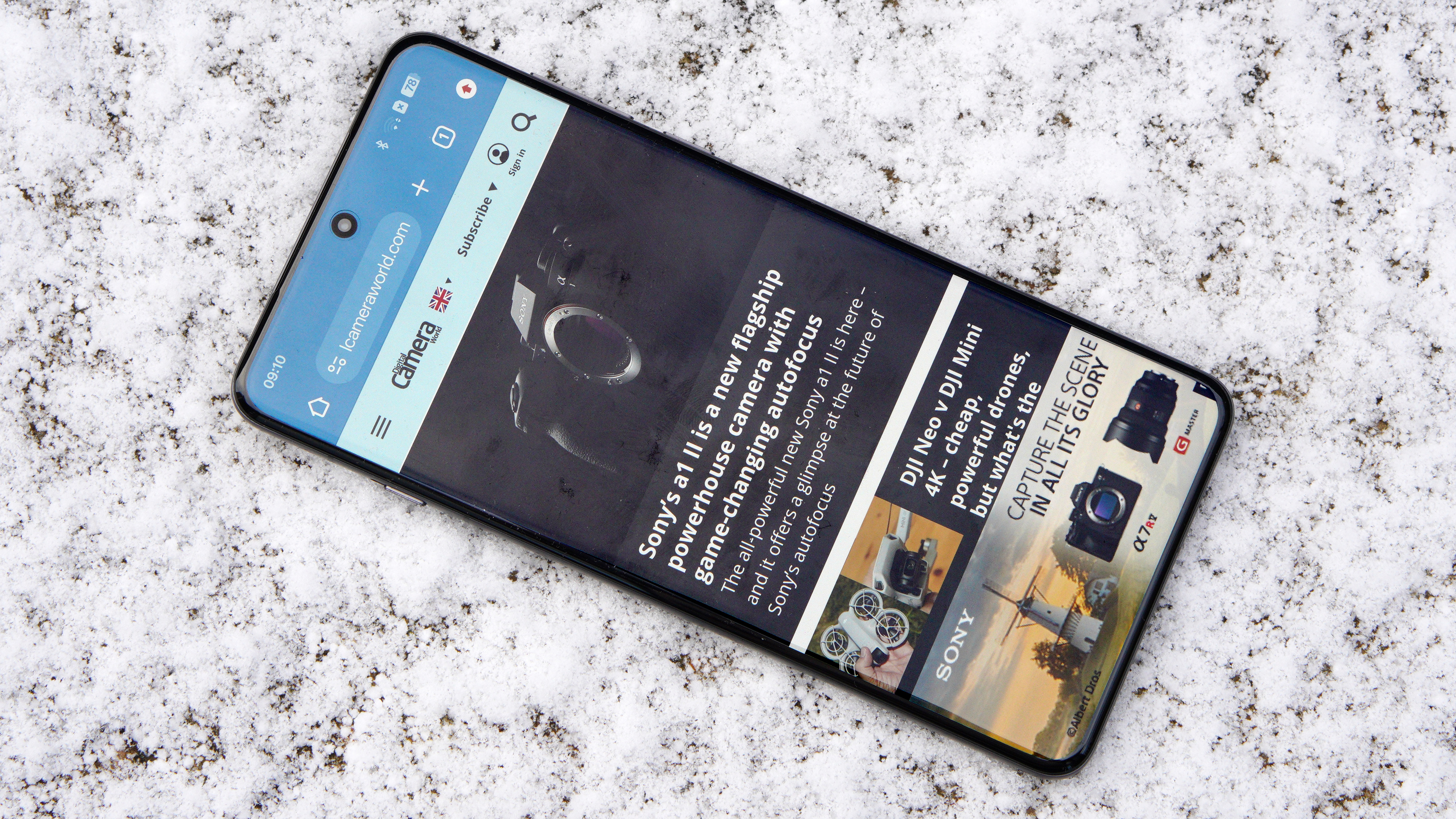
Kalum Carter, Staff Writer
The Oppo Find X8 Pro has blown me away since its release last month. It is by far the best camera system I have ever used on a phone, and its ability to replicate the Hasselblad color science made me excited to go out and take pictures – it really is like having a compact Hasselblad camera.
The zoom is incredible, combining AI and two periscope telephoto lenses, the film simulations add a sense of nostalgia, and the portrait mode creates a shallow depth of field and smooth bokeh, signifying that phone photography just got a whole load more versatile.
A wonderful and unexpected addition is XPan mode, which replicates the renowned Hasselblad XPan film camera and provides a 65:24 aspect ratio and color or black-and-white film simulations. As a fan of photographers like Koudelka, who shot in this format, shooting this way on a camera as compact as a phone was like seeing the world anew!
DJI Mini 4 Pro
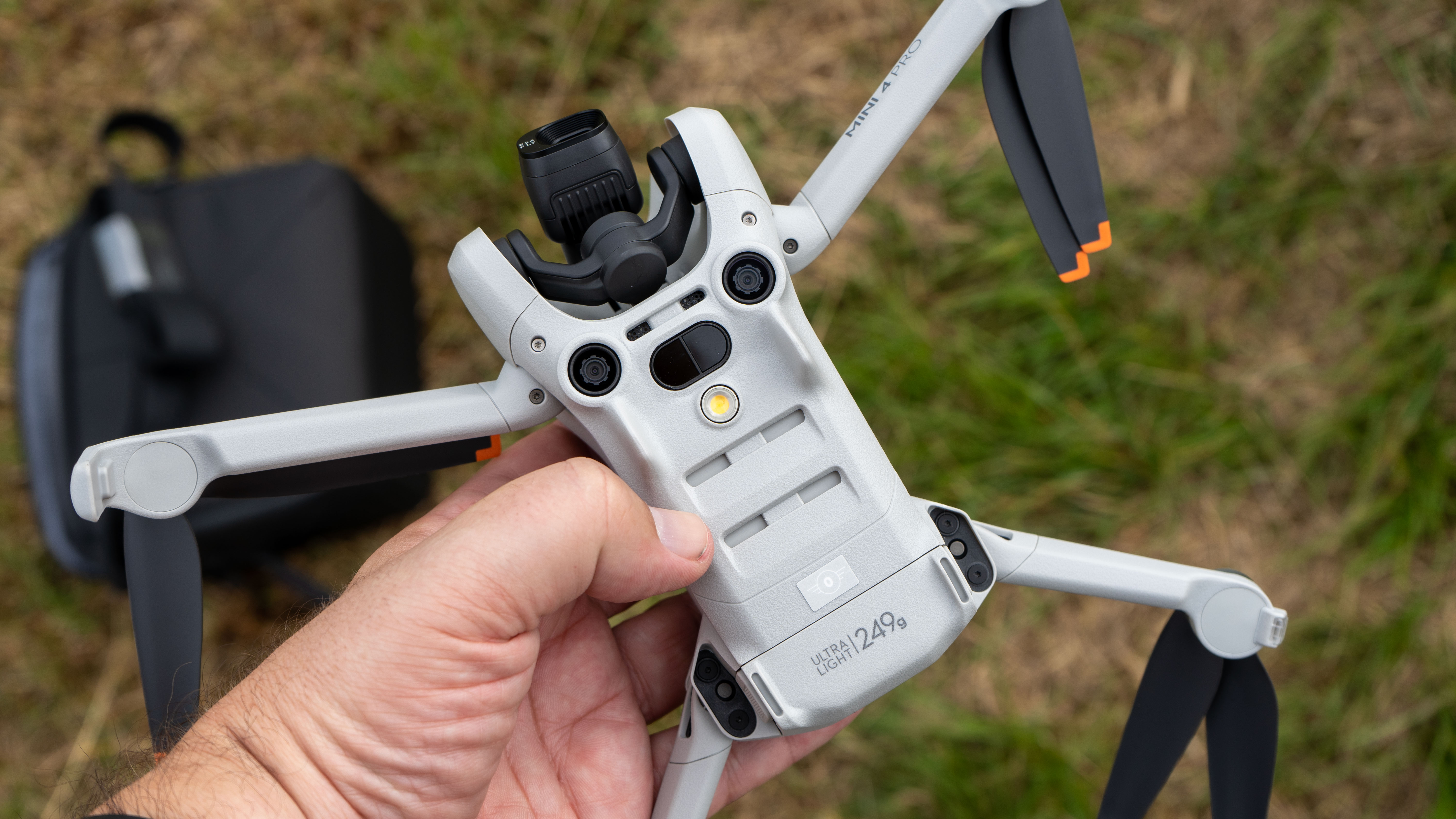
Hillary Grigonis, US Editor
While 2024 saw several launches of exciting cameras, I’m going to nominate the camera that I’m most tempted to add to my own kit: the DJI Mini 4 Pro. I was a bit sad when I had to return my rental and go back to my Mini 2, which at this point is starting to feel rather antiquated.
The camera itself hasn’t changed much from the DJI Mini 3, aside from a new night mode for video, but the Mini 4 Pro eased more of my fears as a still relatively new drone pilot by adding omni-directional obstacle sensing. That, mixed with legislation suggesting that a DJI ban may be looming for the US, means that I’m seriously tempted to add this lightweight quadcopter to my kit.
Polaroid I-2
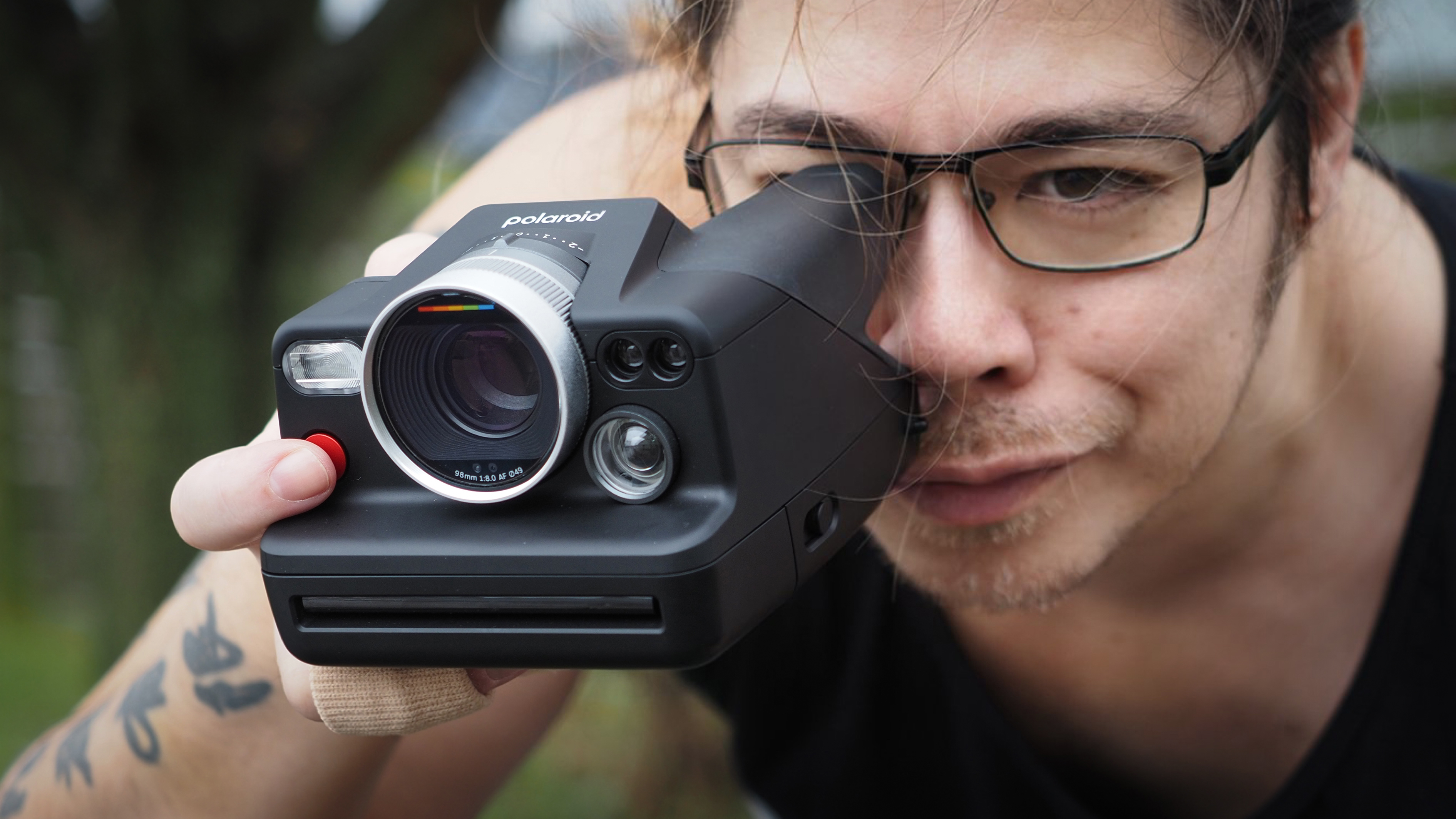
James Artaius, Editor
Before I get started, I have to make a couple of honorable mentions. First of all, the OM System OM-1 Mark II – because if I had to buy a whole new system tomorrow, I'd build it around this camera. And then the Leica SL3, which is the first mirrorless Leica I would actually buy with my own money.
But as far as my pick for camera of the year… well, I want to celebrate a camera that's brave, and ballsy, and tries new things – and old things, too. A camera that's so niche and specialist, those who love it will wonder how they ever lived without it, and those who hate it will wonder why it even exists.
That's why the Polaroid I-2 is my favorite camera of the year. Yes it's $600, but it's got full manual controls, a glass lens that's the sharpest Polaroid has ever produced, a fast f/8 aperture, a brilliant app with seamless integration, LiDAR autofocus… heck, it even accepts SX-70 film. In short, it's the best instant camera ever made
Digital Camera World is one of the leading authorities on camera and photography news, reviews, techniques, tutorials, comparisons, deals and industry analysis. The site doesn't just specialize in cameras, but all aspects of photography, videography and imaging – including camera phones, gimbals, lenses, lighting, editing software, filters, tripods, laptops, printers, photo books, desks, binoculars and more.
Whether you're using, looking to buy or trying to get the most out of a compact camera, action camera, camera drone, cinema camera, beginner camera or professional camera, Digital Camera World has a roster of experts with combined experience of over 100 years when it comes to cameras, photography and imaging.
